
Good news and bad news for Indian citizens who gamble online. New iGaming regulations are on the way, while Tamil Nadu officials ban online gambling! (Image from Martin Jernberg on Unsplash)
In the latest gambling news for India, there are mixed emotions across the country. The long-awaited introduction of a domestic iGaming and online sports betting regulatory board is finally on the way.
However, most citizens in the country are free to gamble online at overseas at online casinos accepting players from India, the state of Tamil Nadu has created fresh disappointment after placing an outright ban on any form of online gambling. Maybe this law will change after the government creates a domestic wide policy to govern the industry.
Are Crypto Regulations on the Horizon?
In other news, and in the wake of the G-20 summit hosted in India next month, Indian Finance Minister Nirmala Sitharaman has raised her views on the regulation of crypto in India. She says that all members of the G-20 must agree to regulations before India can itself set crypto-specific legislation in the country. At this time there are no regulations for blockchain-derived digital assets in the country, however, there is a ‘tax’ rule in place that states citizens must pay 30% on any gains.
As for casino players in India, Indian Rupees (INR) and cryptocurrencies such as BTC, BCH, LTC, USDT and ETH are extremely popular. Moreover, there are numerous online eComm businesses in the country accepting BTC payments.
India Pushing for Crypto Regulations: Read the full story covering Indian Finance Minister Nirmala Sitharaman’s desire to create a cryptocurrency agenda for India via the official coindesk.com news report.
Government Takes Steps to Regulate iGaming
The Indian government is taking steps to regulate iGaming in the country. Kerala Chief Minister Pinarayi Vijayan has announced a legislative amendment to the existing gaming laws. This comes in the wake of recent reports and incidents of people losing money while playing online games. The government is also attempting to ensure that all stakeholders in the industry comply with the law.
To tackle the new compliance regulations, there is now an inter-ministerial task force for online gaming in place. The group comprises secretaries of various ministries, including the Ministry of Information and Broadcasting and the Ministry of Commerce and Industry.
Its official role is to formulate guidelines and introduce spending limits. Among the proposals include a central regulatory body, clear definitions of games of chance and skill, and bringing online gaming under the Prevention of Money Laundering Act, of 2002.
The task force is also expected to introduce spending limits for in-game purchases. Its main aim is to protect the interests of consumers. Its proposals will likely be refined over the coming month. Once finalized, they will be released for public comment.
Minister comments: The gaming industry is a diverse group, with a high number of young innovators running the show. It requires concrete rules to prevent the abuse of its players. The government wants a self-regulating body to be led by industry representatives. However, the first two proposals made by the gaming industry for an SRO were rejected by Meity.
Recap of India’s iGaming Regulatory Efforts
- Steps to regulate iGaming in India underway
- Inter-ministerial task force assigned
- Focus on guidelines & spending limits
- New laws to follow the ‘Prevention of Money Laundering Act’
Tamil Nadu Passes Bill to Ban Online Gambling and Regulate Online Gaming
Tamil Nadu, a state of India, has become the latest to pass a law banning online gambling. In September last year, the state of Karnataka also banned online gambling.
On October 1, the state’s Assembly passed a bill banning online gambling and regulating online gaming. The bill replaces an ordinance issued by the state’s Governor R.N. Ravi that already banned online gambling in the state. The aim of the new law is to limit addiction to online games, which can cause serious problems in a person’s life. It also aims to protect the health of the public by reducing the risks of gambling addiction and abuse.
The state government, under the leadership of former Madras High Court Justice K. Chandru, has compiled a report defining the risks and harms posed by online gambling and gaming. The report categorizes online games into two main types: addictive and pseudo-random. In addition, the report warns of the dangers of gambling addiction and recommends that online gaming be banned in the state.
In the state, at least 22 people have died from gambling addiction. One of them, Bhavani from Chennai, committed suicide after losing her money on an online gambling site. The state’s government has said that the industry has adverse effects on mental health and leaves many families in financial distress. However, some political parties have been vocal against the ban.
The EGF, an umbrella group of online gaming operators in the state, said that it would sue the Tamil Nadu government if it tries to implement the new law. The EGF said that the new law could affect the sector’s future and threaten to kill the industry. Find out more about the new law banning online gambling in the state here.
Recap of India’s Tamil Nadu State Ban Concerning Online Gambling
- Tamil Nadu bans online gambling
- Aim to limit addiction to online games
- Ban comes after damming report
- Online gaming operators threaten to sue government over ban


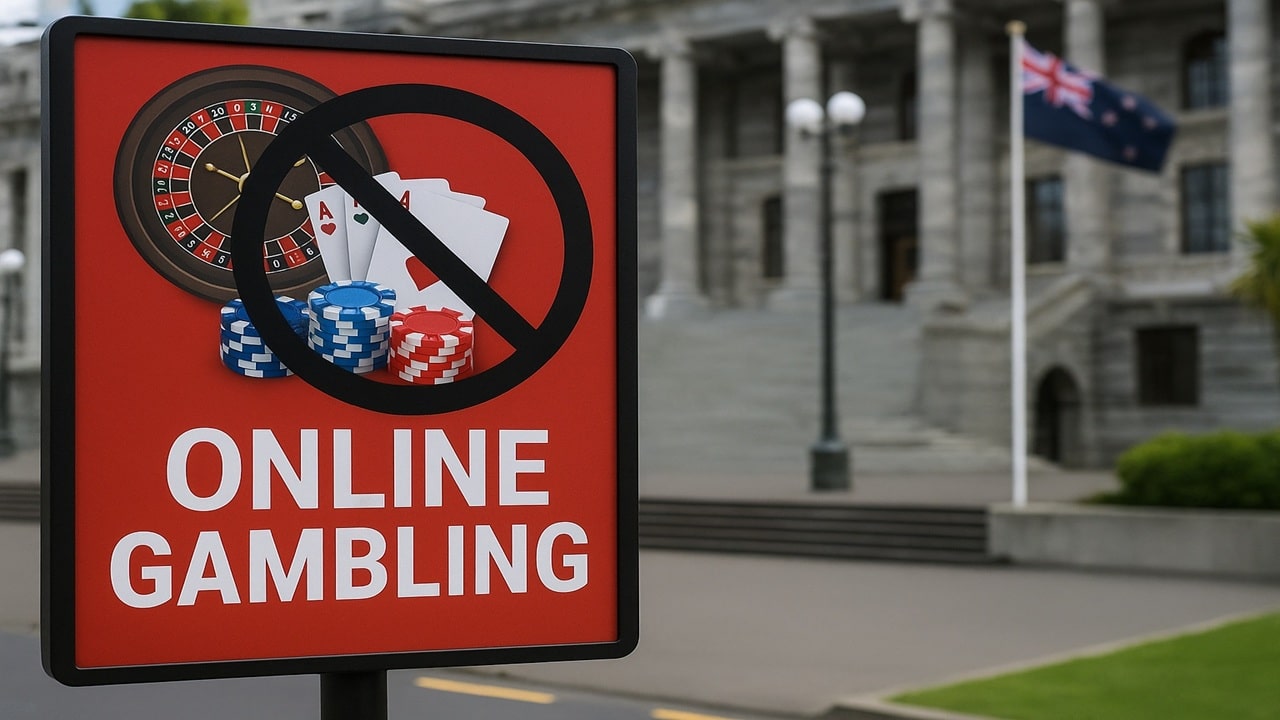




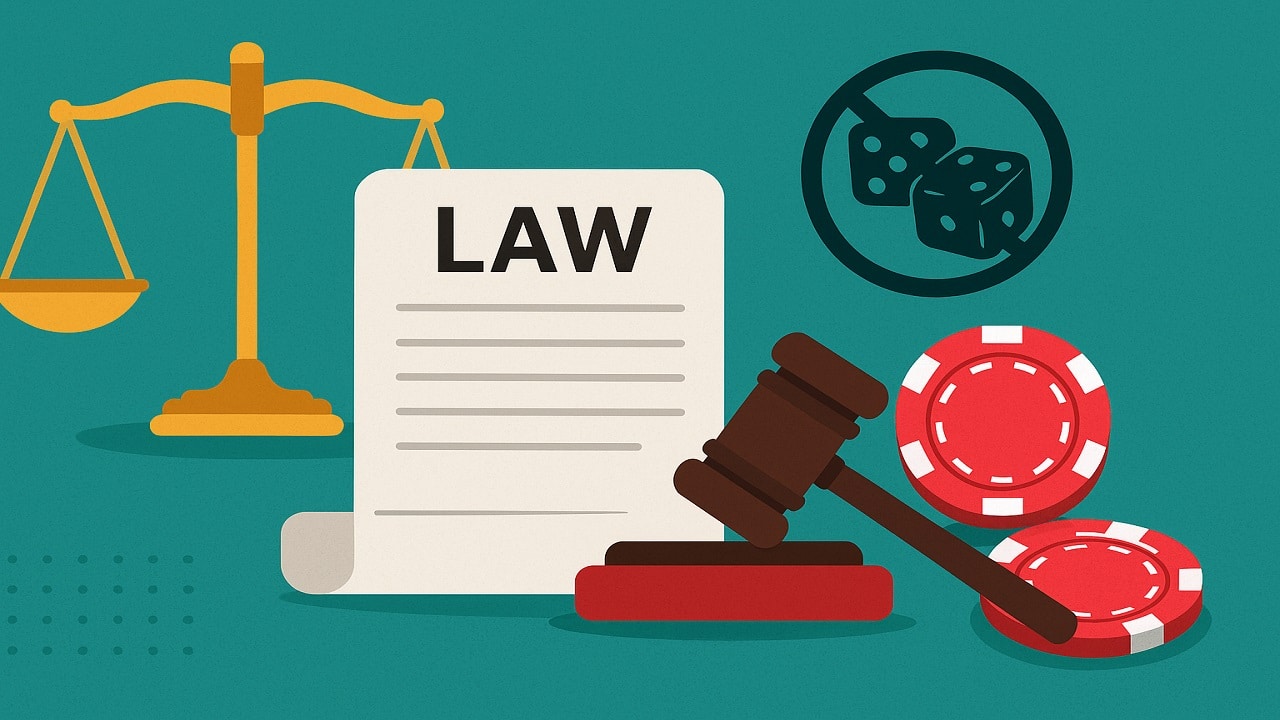

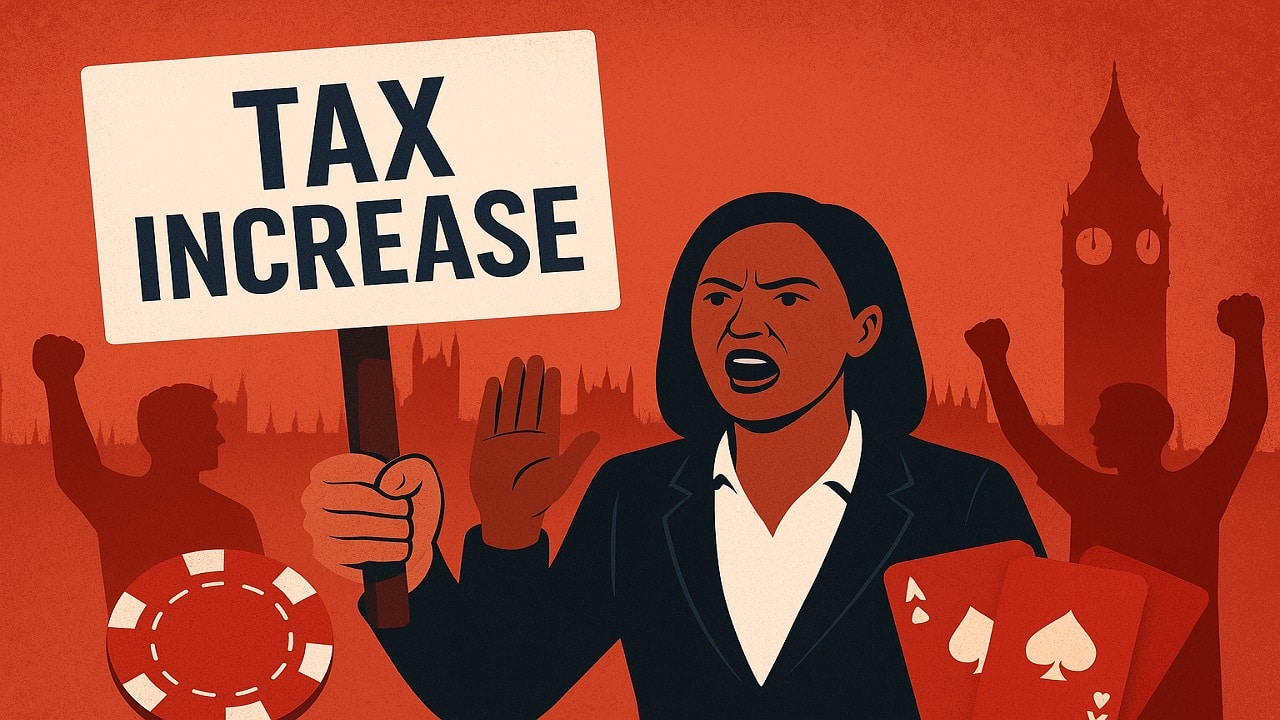
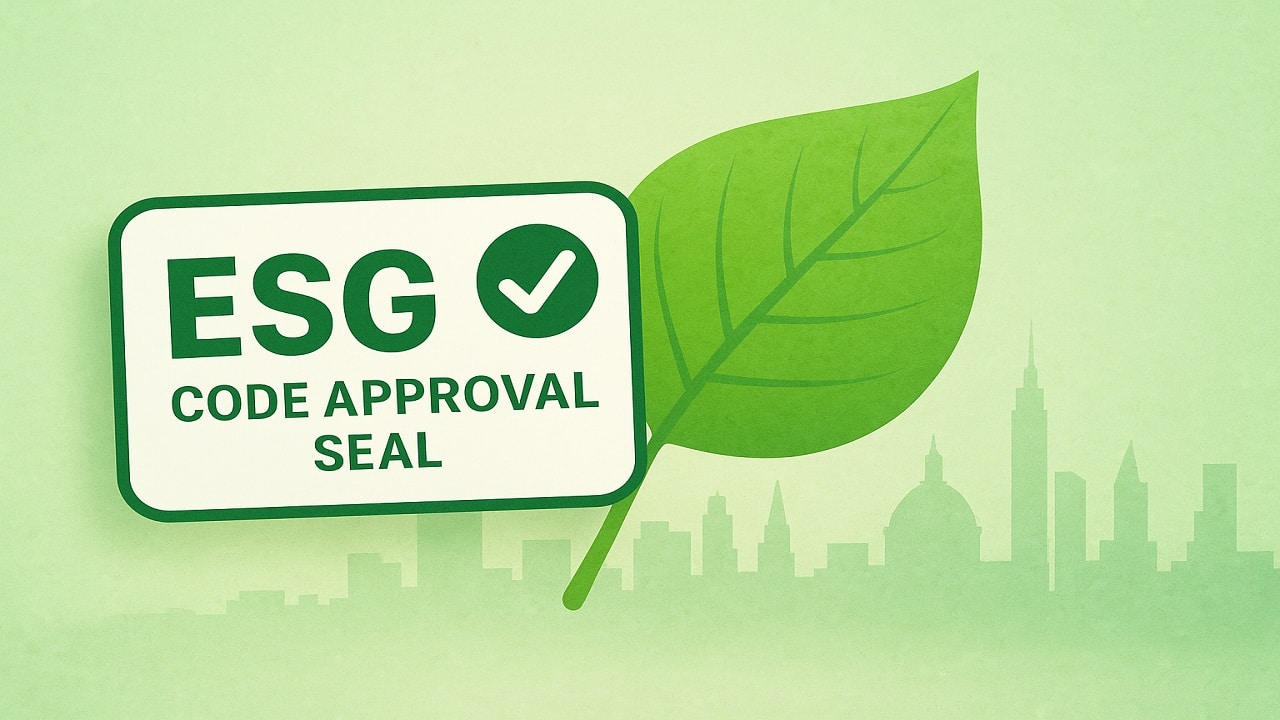

















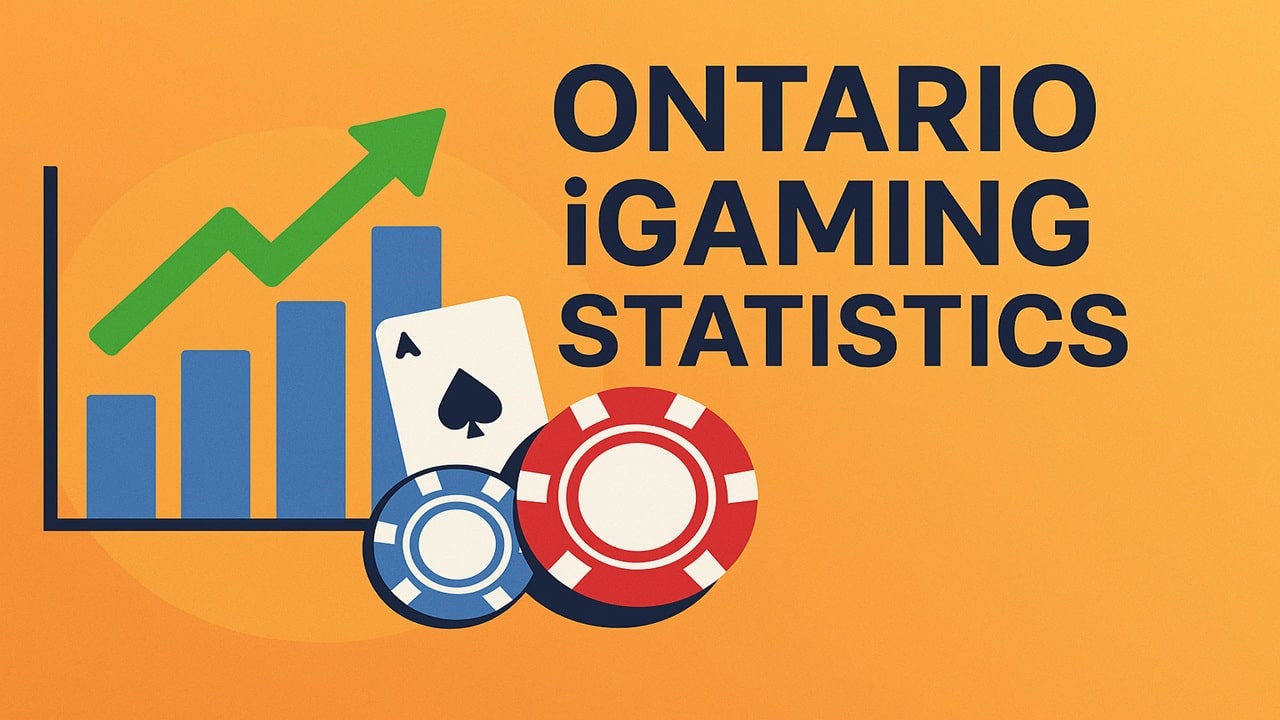


Leave A Comment